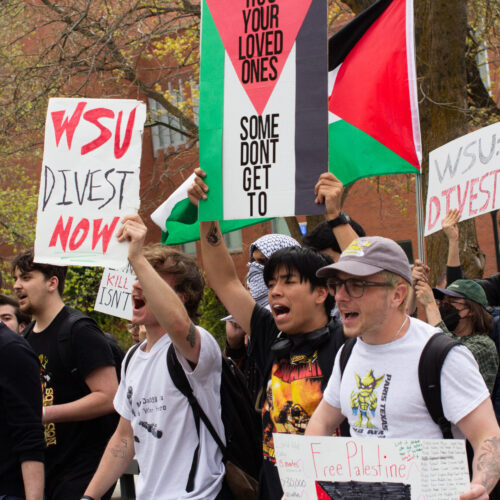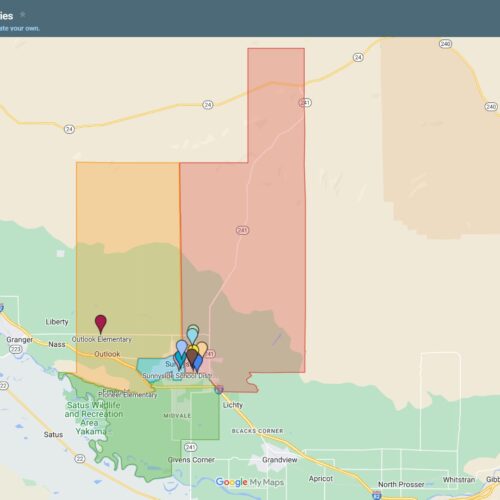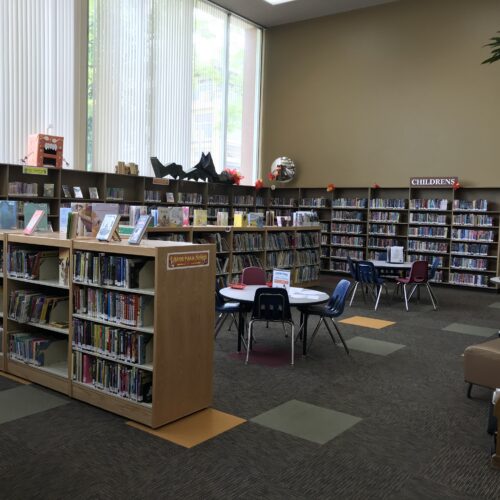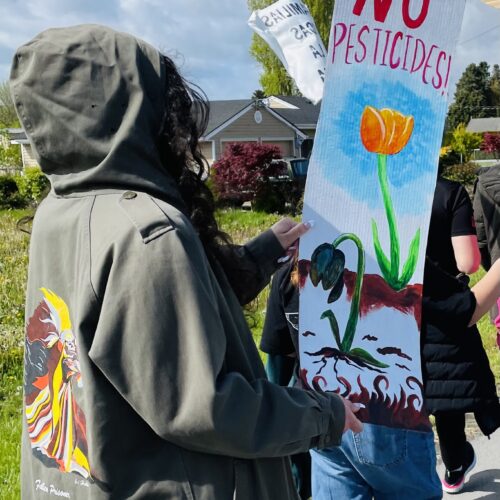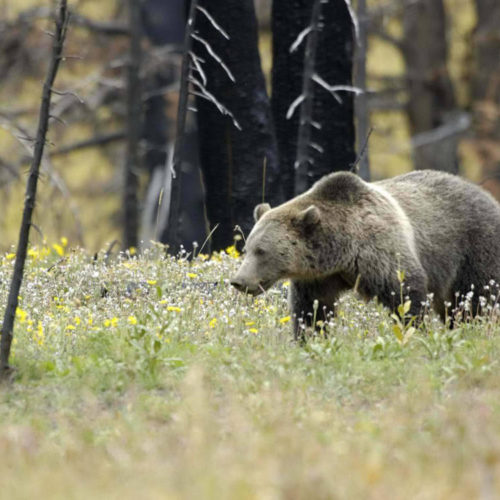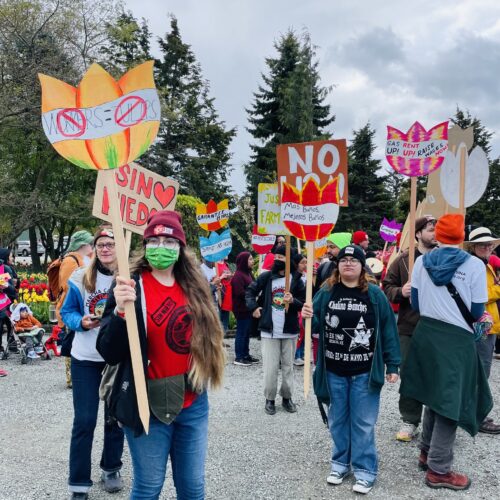Celebrating Native Heritage Month at WSU
Students and staff at Washington State University are celebrating Native Heritage Month with events honoring Native heritage.
Joelle Edwards, a member of the Lac du Flambeau Band of Lake Superior Chippewa Indians and W-S-U’s Native American Retention Specialist, says that for her the month is an opportunity to share her culture and educate people on Native issues.
On Friday, Edwards prepared a stew with wild rice for the center’s first Friday at W-S-U’s Native American Student Center. For her tribe, wild rice is a dietary and cultural staple.
“I think for Native people like foods a big part of who we are, it’s like a conversational piece,” Edwards said. “If you are having events, usually there’s food there. And so it’s just like a little thing of our culture
that you can bring and share that’s really easy to like, let people in.”
Several students said that the month is also about celebrating resiliency among Native people. Jonnie Bray is a member of the San Poil band — one of twelve that compose the Confederated Tribes of the Colville. “The fact that we’re still here — I mean, you know, there used to be millions of us. They’ve tried to exterminate us. And we make up less than 1% of the world’s population,” Bray said. “You know, what’s left of us — we’re very resilient. And that’s something that we should be celebrating.”
Ermia Butler, a junior and member of the Confederated Tribes of the Umatilla Indian Reservation, said preserving Native culture and practices such as hunting and fishing are especially important to her because many other tribes and their traditions have died out.
Even now, misinformation about Native people is prevalent, Edwards said, and may not even realize they’re speaking to a Native person.
“You probably wouldn’t realize that I am [Native] too if you just saw me walking around,” she said. “I guess that Native American Heritage [month] is just one way to broadcast our culture more, and that we are still here.”
Native identity isn’t about how someone looks, Bray said, but their connection to their people and culture. She makes an effort to continue her own cultural practices even when she’s away from home at college.
“Being Native American isn’t about what my race is. It’s about my political associations, and my social associations and my traditions and customs and things that identify me as Native American, which has very little to do with what my race is,” she said. “That’s something I think that has been forgotten a lot over the years.”
A full list of events is available at native.wsu.edu under “Native American Heritage Month.”


